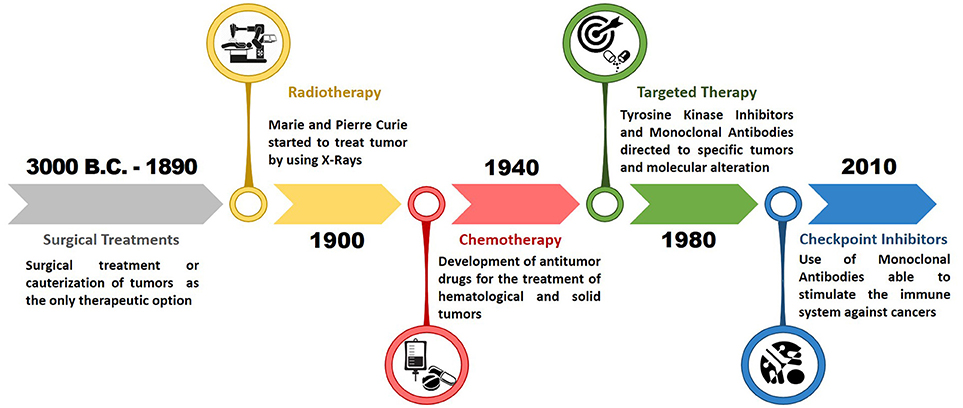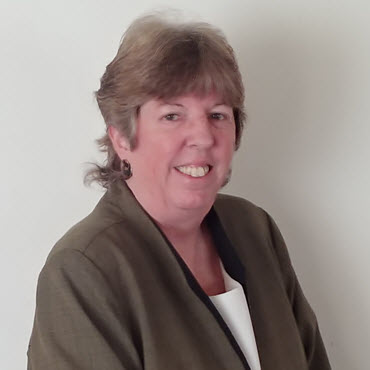
Hope and Optimism Abound with an Explosion of Advancements in Oncology
For those of us who have spent a career conducting market research in the field of oncology there is a buzz in the air and a spring in the steps of stakeholders from clients to specialists and even patients. Never in the history of the field have we seen such rapid progress across a wide variety of cancers.
“Cancer” continues to evoke our worst fears, as well as inspire and lift up …
No other word in medicine carries with it such emotion-laden connotations. For decades, I’ve interviewed oncologists dedicated to improving their oncology patients’ lives but resigned to limited options and an inevitable ending. I’ve spoken with metastatic patients forced to get their affairs in order often amidst a bewildering array of sudden life choices and harsh treatments. And yet, at the same time, no other area has so inspired people to dedicate their lives and work to curing these conditions or has so evidenced the nobility of the human spirit.
… But now those fears are tempered by the significant progress we are all seeing.
While much still needs to be done, we’ve seen meaningful advancements in therapies, including key pan-tumor developments:
- Evolution and expansion of biomarker identification and testing
- Targeted therapies
- Immunotherapy
- Tumor-agnostic therapy
- Enhanced diagnostics
- Increased understanding of tumor etiology

Timeline of epochal turning points in modern oncology. After the development of radiotherapy in the early 1900s, modern oncology began with the discovery of the first chemotherapeutic drugs around 1940. Subsequently, a breakthrough in the field of medical oncology occurred with the development of targeted therapy in 1980, which determined an improvement in the effectiveness of cancer treatments. The last epochal turn took place in 2010 with the introduction of immune checkpoints inhibitors for the treatment of advanced and metastatic tumors. Source: Frontiers in Pharmacology.
The oncology pipeline is robust with dozens of agents in clinical trials.
Clinipace Worldwide reports that the number of drugs in clinical development for oncology is two times that of any other therapeutic area, again, reflecting what an exciting time this is for oncology. Unfortunately, it also reports that cancer drugs have the lowest rates of approval. So, the bitter with the sweet.
Despite the failures, we continue to strive. In research, not only are we seeing tremendous growth in the sheer number of products being explored across the oncological spectrum, we are also seeing a broadening of the scope for these agents. Individual therapies are being studied across multiple tumor types and lines of therapy and in a dizzying host of combinations. Again, it’s wonderfully exciting to see so much being studied with such potential for the future, but this is also a bit of information overload for many stakeholders, making it challenging for even seasoned healthcare professionals to digest and stay abreast of all the nuances.
“Honestly, it’s wonderful all the advances we’re seeing, but it’s also a bit overwhelming at times. I can’t keep up with all the drugs in development, so I only start paying attention when they’re close to launch.”
—Oncologist
The implications for our approach to research are profound. It is more critical than ever that researchers be thoroughly grounded in the relevant therapeutic area and aware of these ever-shifting currents to best meet the needs of clients. This requires highly knowledgeable team members who can commit to the comprehensive due diligence necessary to best support client teams and inform the research design and analysis.
It also means finding more creative ways of interacting with our respondents and leading them through an increasingly complex world with a dizzying number of therapies and approaches that are in an almost constant state of flux. Using future scenario exercises with staggered timelines or a “time traveler” type of projective exercise helps present alternative options in a more easily digestible way for respondents, resulting in more accurate projections of future attitudes and behaviors.
Advancements fuel the passion of all of us in the field…
I love my work and am passionate about solving the puzzles presented by each unique market research project, and there is something particularly energizing about working in such a dynamic field right now.
Like so many of us who work in this field, conducting research in oncology is deeply personal. It seems like everyone at least knows someone who knows someone impacted by cancer. While I’m not the scientist creating a new molecule or the physician treating these patients, I feel like I’m contributing, in some small way, to bettering people’s lives by being a part of this research as part of the Health team at Escalent. And, right now, this feels like the golden age of oncology, and it’s a rewarding time to be working in the field—with, I hope, even more to come in the future!









